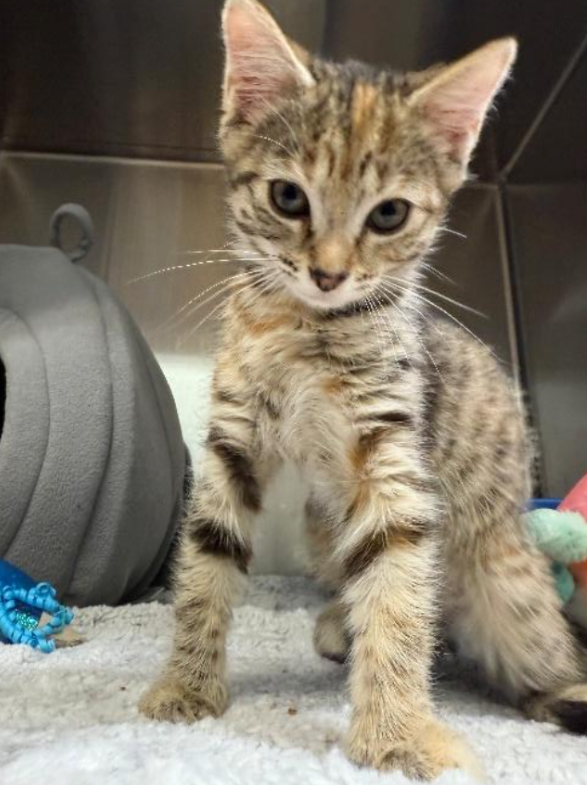Losing a pet is one of the most heartbreaking experiences an owner can face. Even the most careful pet parents know that accidents can happen: a door left ajar, a gate that doesn’t latch, or a sudden noise like fireworks that causes a pet to bolt. When these moments occur, having permanent identification can make all the difference in bringing your pet home safely.
At Friendship Animal Hospital, we encourage every pet owner to consider microchipping as an essential part of responsible pet care. Here’s why it’s so important and how it works.

What Is a Microchip?
A microchip is a tiny electronic device, about the size of a grain of rice, that’s safely implanted just beneath your pet’s skin using a needle and syringe, typically between the shoulder blades. Each chip carries a unique identification number that’s registered in a secure national database, along with your contact information.
Microchips do not use GPS or track your pet’s location. Instead, they function as a permanent ID tag that can never fall off, be removed, or wear out.
How Microchips Work
When a lost pet is found and brought to a veterinary clinic, shelter, or animal control facility, staff will scan for a microchip using a handheld device.
- The scanner picks up the chip’s unique ID number.
- That number is entered into a national registry.
- The registry provides the owner’s contact information so the pet can be reunited with their family.
The process is quick, safe, and reliable — often resulting in same-day reunions.
Why Microchipping Is So Important
Even if your pet wears a collar and ID tag, those can easily be lost or removed. A microchip provides peace of mind that your pet will always have a form of identification that can’t be misplaced.

According to the American Veterinary Medical Association (AVMA), microchipped dogs are more than twice as likely to be returned to their owners, and microchipped cats are more than twenty times as likely to make it back home compared to those without chips.
Microchipping is also required by many municipalities and travel programs, making it an important part of your pet’s long-term care and safety.
The Implantation Process
Implanting a microchip is quick, safe, and minimally invasive. The procedure is performed in the clinic and feels similar to a routine vaccination. The chip is placed using a sterile syringe and requires no anesthesia or special aftercare. Once it’s in place, it will last for the lifetime of your pet.
We’ll help you register the chip and ensure your contact information is up to date. It’s important to notify the registry if you move or change phone numbers because a microchip is only effective if your contact details are current.
A Simple Step Toward Lifelong Safety
Your pet’s safety is our priority. Microchipping is a simple, one-time procedure that provides a lifetime of identification and security. If your pet ever becomes lost, a registered microchip dramatically increases the chances of a happy reunion.
If your dog or cat isn’t microchipped yet, or if you’re unsure whether your pet’s chip is registered and up to date, contact our team at Friendship Animal Hospital. We’ll be happy to scan your pet, help you register their chip, or schedule a quick appointment for microchipping.
Because every pet deserves the best chance to find their way home.


